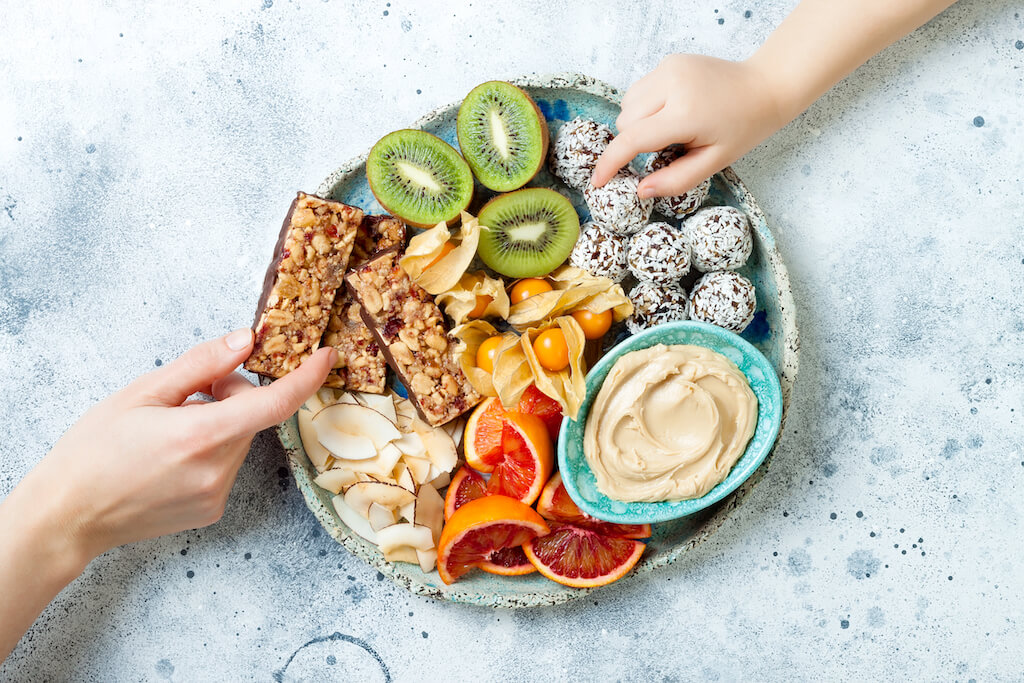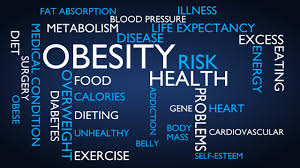In today is fast-paced world, the quest for good health and optimal fitness often leads people down a path paved with synthetic vitamins and artificial supplements. But is this the best choice for your body? If you are a health enthusiast, fitness fanatic, or an advocate for an organic lifestyle, understanding the impact of these artificial options is crucial. This blog post explores why avoiding synthetic vitamins is essential, the potential side effects of fake supplements, and offers insights into a more natural approach to wellness. By the end, you will gain a clear perspective on how to sustain your health without relying on artificial shortcuts.

What is an Artificial Supplement?
Artificial supplements, also known as synthetic vitamins, are man-made compounds designed to mimic the nutrients found in natural foods. They are often produced in laboratories and sold as convenient alternatives for those seeking quick nutritional fixes. However, these supplements differ significantly from their natural counterparts in terms of their chemical structure and bioavailability. Many artificial supplements contain isolated nutrients, which lack the natural co-factors found in whole foods that aid in nutrient absorption and utilization.
This can lead to an imbalance in your body is nutritional intake, making them less effective than expected. For example, synthetic Vitamin E, often labelled as dl-alpha-tocopherol, lacks the full spectrum of tocopherols and tocotrienols found in natural sources like nuts and seeds. Furthermore, synthetic vitamins may include fillers, binders, and artificial colourings that do not contribute to your health. Instead, they can place an unnecessary burden on your body is detoxification processes. It is essential to consider these factors when choosing supplements to support your health.
Why Avoid Synthetic Vitamins?
There is a growing awareness among health-conscious individuals about the potential drawbacks of synthetic vitamins. One of the primary concerns is their limited bioavailability compared to natural sources. When you consume whole foods, your body can absorb and utilise a broader range of nutrients, thanks to the synergistic effect of various compounds working together. In contrast, synthetic vitamins often provide isolated nutrients, which may not be as readily absorbed or used by your body.
For example, studies have shown that natural Vitamin C from fruits is more effective than its synthetic counterpart, ascorbic acid, due to the presence of bioflavonoids and other supportive compounds. Another reason to avoid synthetic vitamins is the risk of over-supplementation. People often assume that if a little is good, more must be better. However, excess intake of certain synthetic vitamins can lead to toxicity and adverse health effects. For example, high doses of synthetic Vitamin A can lead to liver damage, while too much synthetic iron can cause gastrointestinal distress.
Nature provides an abundance of whole foods rich in vital nutrients, making it possible to obtain all the vitamins and minerals your body needs without relying on synthetic supplements. Incorporating a variety of fruits, vegetables, nuts, seeds, and whole grains into your diet can provide you with a well-rounded nutritional profile. Additionally, engaging in outdoor activities and spending time in nature can also have a positive impact on your overall health and wellness. Studies have shown that being around green spaces can reduce stress levels, improve mood and increase physical activity. Taking regular walks in the park or going for hikes in natural settings can help you stay active and de-stress while getting some much-needed vitamin
Natural Supplements
For those looking to enhance their health and wellness without resorting to artificial supplements, natural supplements offer a viable alternative. These products are typically derived from whole food sources and provide a more comprehensive range of nutrients in their natural form. Natural supplements often contain co-factors that aid in the absorption and utilisation of nutrients, making them more effective than their synthetic counterparts.
For example, whole-food-based multivitamins often include a blend of vitamins, minerals, and phytonutrients that work together to support overall health and vitality. When selecting natural supplements, it is essential to choose products from reputable brands that prioritise quality and transparency. Look for supplements that are free of artificial additives, non-GMO, and certified organic to ensure you are getting the highest quality nutrients possible.
Fitness Without Supplements
For many fitness enthusiasts, supplements are often considered an essential component of their training regimen. However, achieving optimal fitness without relying on artificial supplements is entirely possible with a well-rounded approach to nutrition and exercise. Focus on consuming a balanced diet rich in whole, nutrient-dense foods to fuel your workouts and support recovery.
Incorporate a variety of fruits, vegetables, lean proteins, whole grains, and healthy fats to provide the necessary nutrients for muscle growth, repair, and energy production. In addition to a nutritious diet, prioritise rest and recovery to optimise your fitness gains. Adequate sleep, stress management, and hydration all play a vital role in achieving peak performance and overall wellbeing. By adopting a holistic approach to fitness and nutrition, you can achieve your goals without relying on potentially harmful artificial supplements.
Organic Living
Adopting an organic lifestyle can significantly enhance your overall health and wellbeing by reducing your exposure to synthetic chemicals and additives. Organic living involves choosing products and practices that prioritise sustainability, environmental stewardship, and natural ingredients. To incorporate organic living into your daily routine, consider purchasing organic produce and whole foods, which are grown without the use of synthetic pesticides or fertilizers.
These foods not only support your health but also contribute to a more sustainable and environmentally friendly food system. In addition to organic foods, explore natural personal care and household products to minimise your exposure to synthetic chemicals. Many brands offer organic skincare, cleaning products, and textiles that align with the principles of organic living.
By choosing organic products and practices, you can support your health and the environment while reducing your reliance on artificial supplements.
Whether you are a health enthusiast, fitness fanatic, or advocate for an organic lifestyle, adopting a holistic approach to wellness can help you achieve your goals. Focus on consuming a balanced diet, prioritising rest and recovery, and choosing organic products to support your health and wellbeing. By making informed choices and taking a proactive approach to your health, you can enjoy the benefits of a more natural, sustainable lifestyle. For those looking to explore natural supplements further, consider consulting with a healthcare professional or nutritionist to tailor your approach to your specific needs.















Comments
Leave a comment